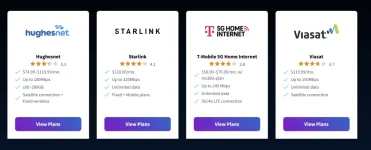- Joined
- Feb 24, 2013
- Messages
- 39,165
- Reaction score
- 22,911
- Gender
- Undisclosed
- Political Leaning
- Conservative
Your use of the word "kleptocracy" is unfortunate!
The inefficiencies develop because we , the people, cannot agree on anything.
I've worked in Government too long to accept that as the excuse. The problem is that very few Government bureaucrats are in their jobs to "make a difference". Altruism is a characteristic that seems mandatory in a bureaucrat but it is no more common in that demographic than it is in any other group of people.
Power and Job security is what generally drives most bureaucrats, same as anybody else, and the last thing most Government employees want to do is work themselves out of a job. It's more beneficial to a bureaucrat working on oversite of a bullet train project to prolong the project by making everyone jump through needless hoops because doing so satisfies both the power and the job security desires.
A quick an easy solution, even if it's obviously the correct path, is anathema.
Rule of thumb is that when you find quick reaction and completion of a Government project, check the government oversite personnel bank accounts.
Off shore wind? Of course there will be a contingency of people who cannot bear the sight of them and tie it up in litigation.
Solar panels? Ah, that could ruin the historic appearance of that charming New England town.- same result
Housing? Who wants a duplex or triplex to be built in that lovely neighborhood of spacious single family homes?
Cluster housing? Egads. there must be adequate parking for every household to have 2 cars!
Want to build a house with ICFs- well the city has no idea what that is or how to make sure it fits all the codes
Yes, NIMBY will forever kill any construction project, which is why the biggest eyesores always get dumped on the neighborhoods with the least clout.
But in the case of rural broadband they could have avoided it all together but didn't out of political spite.


